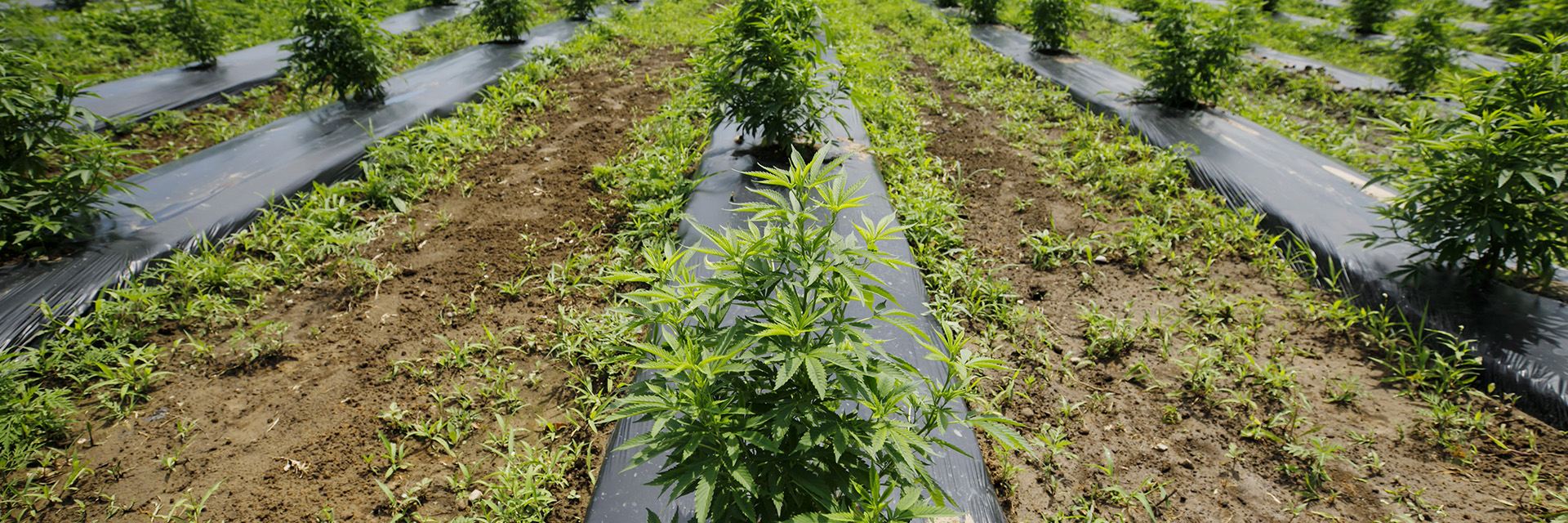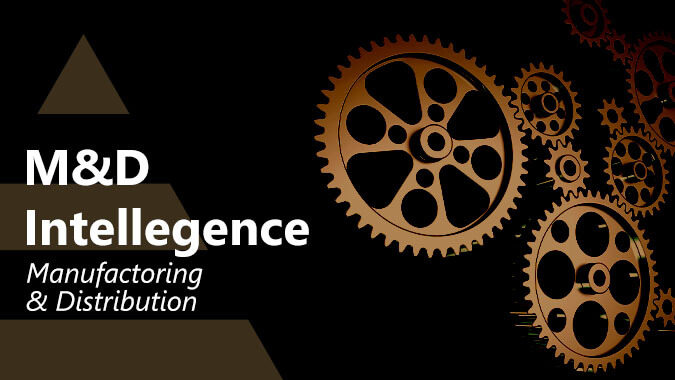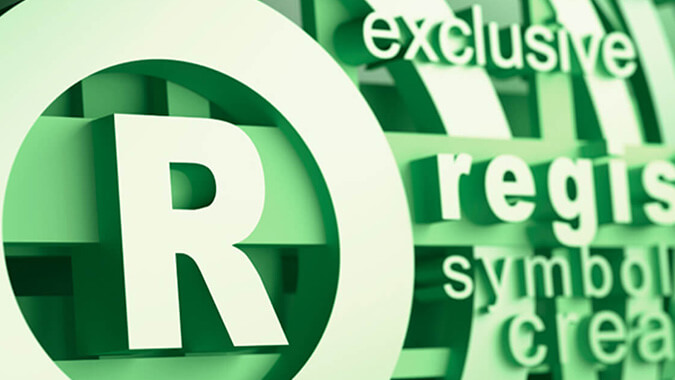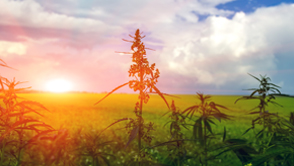
The Different Kinds of Cannabis Business Licenses in California
- Published
- Nov 15, 2022
- Share
The largest market for recreational-use cannabis use in the country, California first passed legislation for adult use in in November 2016, with the first recreational sales taking place in January 2018. Since then, the state has collected nearly $4 billion in tax revenue from its sales and has issued more than 12,000 commercial licenses to cannabis businesses.
Overseeing California's cannabis industry, The Department of Cannabis Control (“DCC”) works alongside the state’s Cannabis Advisory Committee to create regulations, protect public health and safety, as well as review and issue businesses licenses for everything from growth to retail sales.
There are currently six different core license types for businesses that handle consumer adult-use cannabis in California. Within each different category, there are different types of licenses with specific requirements and use cases. Full information on individual license requirements and fees can be found on the DCC’s License Application Checklist
California Cannabis Business License Types
|
License Type |
Authorized Activity |
|---|---|
|
Cultivation |
Cannabis cultivators are authorized to grow all plants that are harvested, sold as flowers, and made into consumer, adult-use products. The type of cultivation license(s) a business will need will vary based on the following factors:
|
|
Manufacturing |
Manufacturers can extract cannabinoids and terpenes from plants and produce consumer adult-use products from the extract. The types of products defined by the DCC are:
|
|
Distribution |
Licensed distributors are authorized to transport goods that either they or another business have previously cultivated or manufactured. The cost and type of distribution license is contingent on whether the licensee is:
|
|
Testing |
Laboratories require a testing license in order to ensure sure cannabis goods are safe for consumption, up to the standards set by the state. Testing labs test cannabis goods to in the efforts to keep them:
|
|
Retail |
Cannabis retailers sell cannabis goods through storefront shops (dispensaries) or delivery. There are different types of licenses for whether the stores engage with customers in person. Authorized retailers can legally sell the following products, pending them passing testing and quality assurance review:
|
|
Events |
To host cannabis-related events, businesses need both an event organizer licenses, as well as a temporary cannabis event license (issued at least 60 days before the start date). Having an event license does not permit the following activities:
|
For more information on California’s Cannabis business licenses, and how to apply or renew a license, visit the DCC’s website.
Contact EisnerAmper
If you have any questions, we'd like to hear from you.
Receive the latest business insights, analysis, and perspectives from EisnerAmper professionals.











